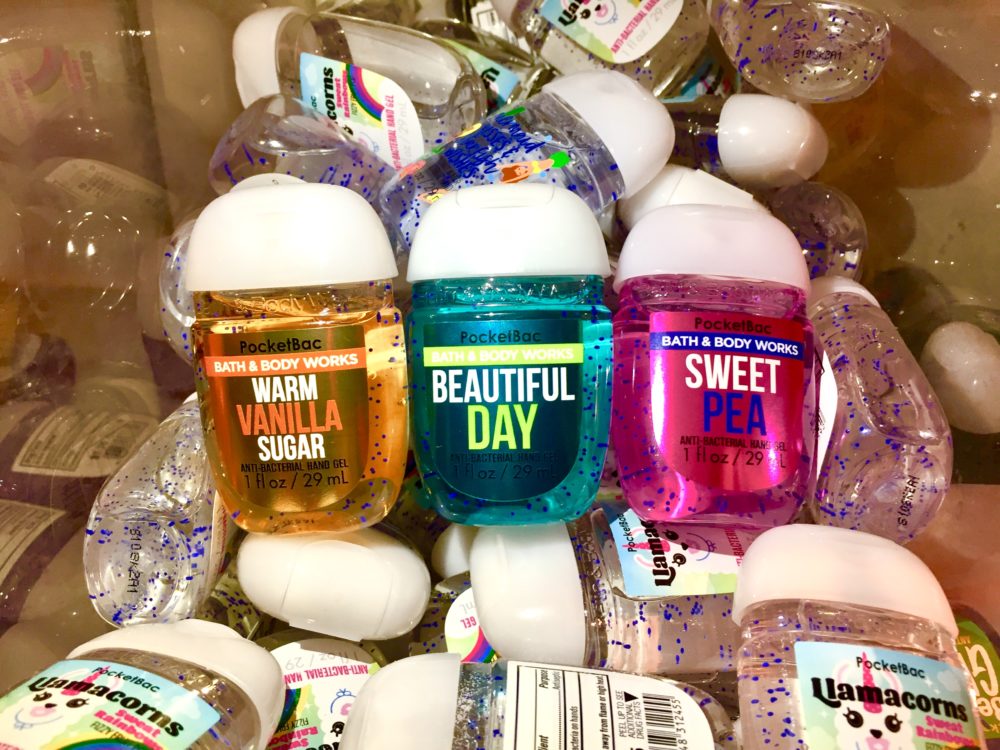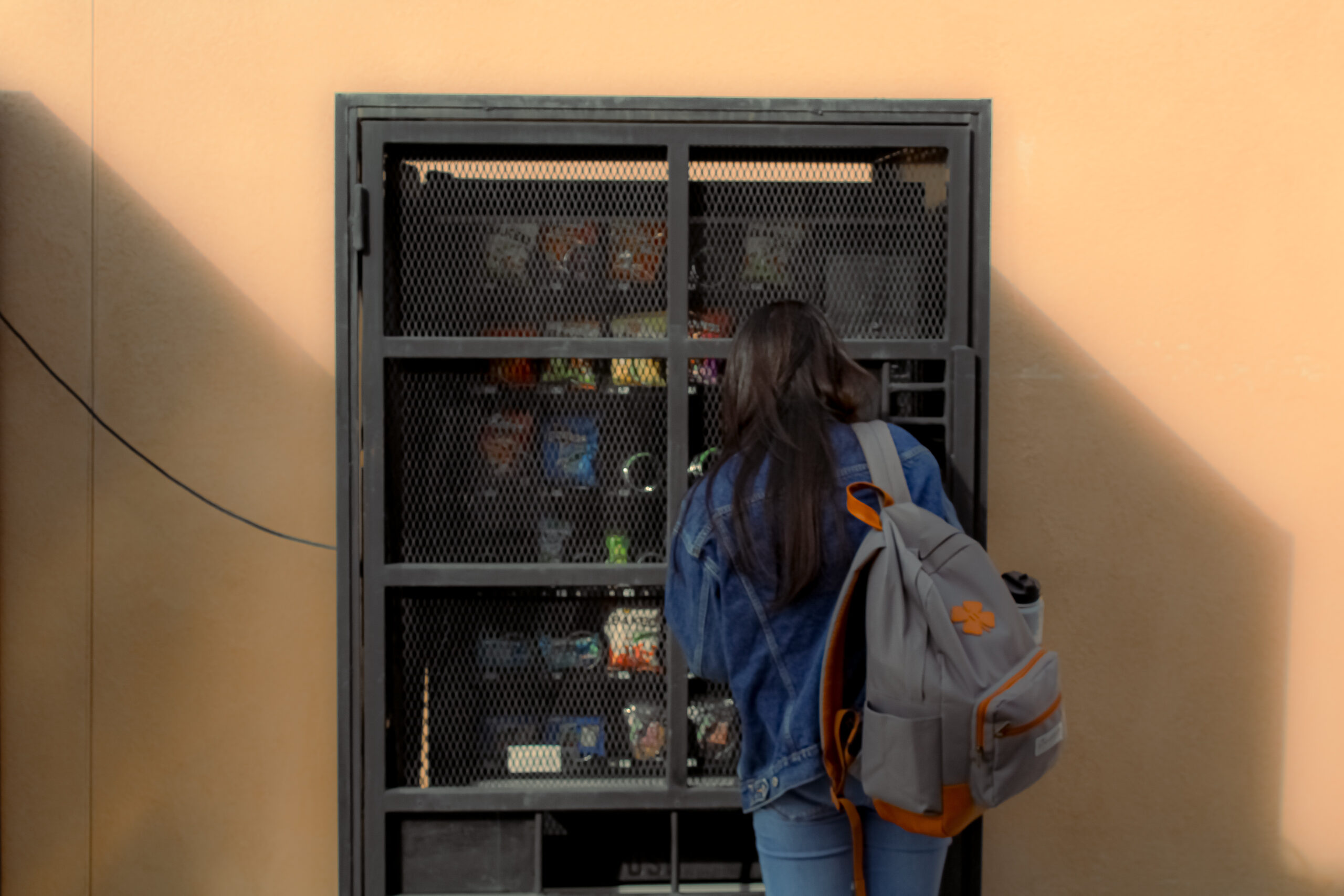
By Benjamin Minch, Staff Writer
Ever since its invention in 1988, hand sanitizer has been widely used by all people of the western world. It is the “hallmark” of cleanliness as it makes washing hands anywhere a doable task. Although it may seem harmless, I would like to argue that hand sanitizer is one of the reagents contributing to a great problem of the future era: antimicrobial resistance.
Antimicrobial resistance refers to the resistance of certain harmful bacteria to medication that once worked to destroy it in the past. It means that medicine such as antibiotics that were used in the past to eradicate a type of bacteria won’t be helpful anymore because of microbial evolution.
The process of antimicrobial resistance is actually quite simple. It starts with a randomly mutated bacteria (which happens quite often because they grow exponentially and reproduce in a matter of days). This mutated bacteria needs to have a resistance trait to a certain antibiotic or medicine type such as hand sanitizer.
In order for the resistant bacteria to survive over the non-resistant one, there needs to be heavy pressure from the reagent of which the bacteria is resistant to. An example of this would be using hand sanitizer excessively or overuse of over-the-counter drugs.
The overuse of hand sanitizer will destroy all of the bacteria without the resistance gene (Sound familiar? It only kills 99.99% of bacteria and leaves alive the most deadly one.) Then, that bacteria is free to multiply as it pleases because of the empty space on your hand you just so kindly opened for it.
There has been a huge growth in bacteria species with antimicrobial resistance and it is a problem that is occurring faster than we can make new drugs to fight them. A rise in antimicrobial resistance can be seen directly following the invention of hand sanitizer in 1988. Diseases that have not been seen for hundreds of years are finally starting to reemerge because of this excessive use of hand sanitizer.
The problem of antimicrobial resistance is taking lives faster than we can save them as resistant strains of malaria and cholera have emerged that we cannot yet cure. Bacteria have the odds in their favor and we shouldn’t try to race them. Bacteria divide every twenty minutes; in other words, one bacterium can become over two million in just seven hours.
This is such a sad problem because it is fed daily by the millions of people that don’t know it exists. It doesn’t receive much press because many think it seems straight out of a sci-fi movie. It is one of the issues that is hard to see because bacteria are so small, and therefore no action is taken against it. The World Health Organization (WHO) is taking major steps to try and prevent further antimicrobial resistance, but their efforts are weak without participation and education of global citizens.
Simple steps to help slow antimicrobial resistance
-
- Don’t use hand sanitizer excessively. Using it once or twice a day isn’t a bad thing, but using it more is unnecessary and you are directly feeding into the problem. I have stopped using all hand sanitizer and have replaced it with normal soap and water (a medium that doesn’t increase antimicrobial resistance). If many others choose the same fate, we can greatly reduce the amount of hand sanitizer feeding into resistance.
-
- Don’t use antibiotics to cure viruses. Many people buy over-the-counter antibiotics and think that they will just cure everything, but they don’t. Viruses such as the common cold aren’t curable with drugs, so you shouldn’t try to cure them. This is an unnecessary waste of drugs and will be feeding the problem.
- Spread awareness about the problem. This is one of the best solutions to the problem because this issue is one that could be greatly reduced if only more people knew about it. Now that you are a professional on antimicrobial resistance, you can scare all your friends into not using hand sanitizer.
Hand sanitizer will continue to be prized by clean freaks, but it is causing some serious dangers. The more effective solution is the use of soap and water. Just think about this: the next time you decide to wash your hands, don’t risk that .01% of deadly resistant bacteria to survive.





